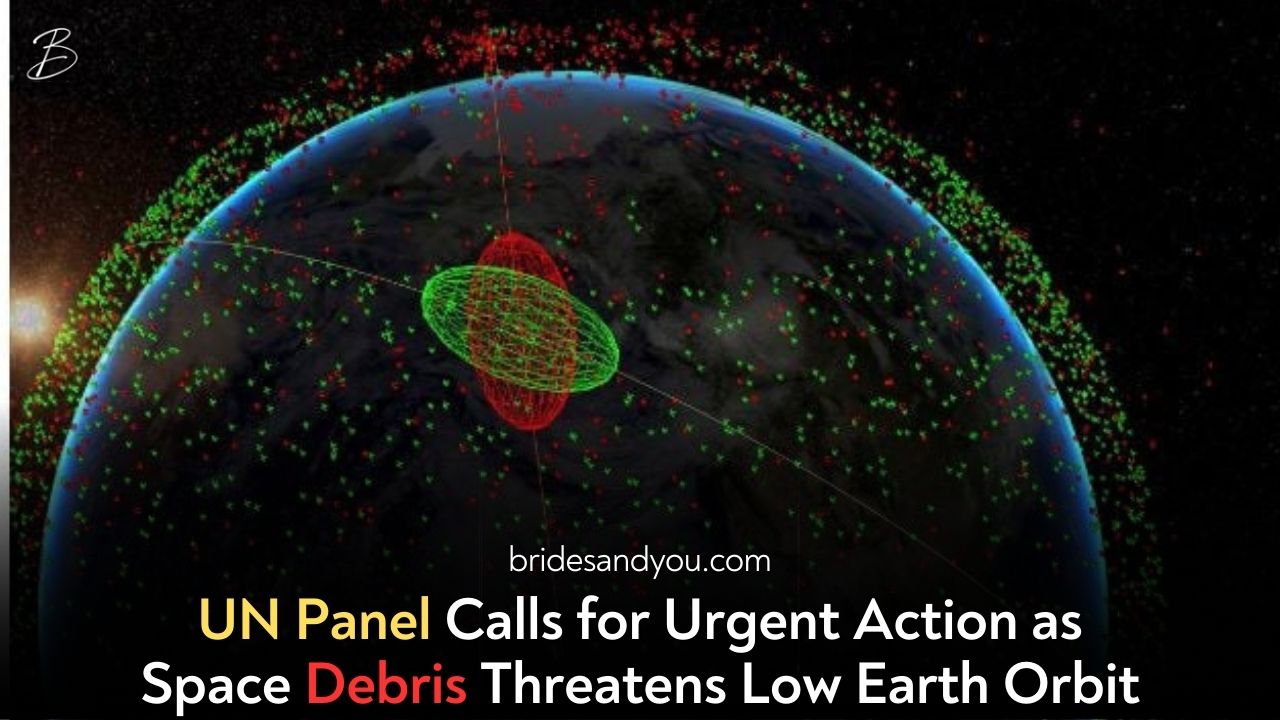Now Reading: The Urgent Need to Address Space Junk and Low Earth Orbit Congestion
-
01
The Urgent Need to Address Space Junk and Low Earth Orbit Congestion
The Urgent Need to Address Space Junk and Low Earth Orbit Congestion

As humanity’s reliance on satellites grows, so does the problem of congestion in low Earth orbit (LEO). This vital region, where thousands of satellites enable communication, navigation, and scientific discovery, is increasingly threatened by the accumulation of space junk. Without immediate global cooperation, experts warn that LEO may soon become unusable, with dire consequences for technology and security.
The Alarming Growth of Space Junk
Low Earth orbit is now home to over 14,000 satellites, including about 3,500 inactive ones, according to data from Slingshot Aerospace. Surrounding these are an estimated 120 million pieces of debris from rocket launches, collisions, and satellite wear-and-tear.
The risks of inaction are significant:
- Increased Collisions: The rapid multiplication of objects in LEO has led to a 17% rise in close approaches per satellite in the past year alone.
- Financial Costs: NorthStar Earth & Space estimates potential collision damages at $556 million over five years, assuming a 3.13% annual collision probability.
- Safety Concerns: In June, astronauts on the International Space Station were forced to take shelter due to debris from a defunct Russian satellite.
Calls for Action: UN and Industry Leaders Speak Out
The United Nations recently convened a panel on space traffic coordination, emphasizing the need for a comprehensive global database and international regulations to track and manage orbital objects.
Panel co-chair Aarti Holla-Maini, of the UN Office for Outer Space Affairs, stressed the urgency:
“With so many objects being launched into space, we must ensure space safety by facilitating the sharing of information between operators, public and private alike.”
However, challenges remain:
- Geopolitical Tensions: Many nations are hesitant to share data due to security and defense concerns.
- Commercial Secrecy: Companies fear revealing proprietary information that could undermine their competitive edge.
The Role of Industry Giants
Commercial operators like SpaceX are already feeling the strain. As of November 2024, SpaceX’s Starlink constellation had launched 6,764 satellites and performed nearly 50,000 collision-avoidance maneuvers in just six months.
Similarly, the European Space Agency has seen a significant increase in maneuvers per spacecraft, highlighting the growing operational burden caused by LEO congestion.
Proposed Solutions
Experts and organizations propose several measures to mitigate the crisis:
- Shared Databases: Centralized, reliable systems for tracking orbital objects.
- Improved Monitoring: Enhanced use of telescopes, radars, and sensors to detect debris.
- Global Coordination: Developing enforceable rules, similar to the International Civil Aviation Organization’s air traffic regulations.
However, achieving consensus will require overcoming barriers of trust, speed, and geopolitical conflict.
The Final Frontier at Risk
The future of space depends on immediate action. As Anirudh Sharma, CEO of Digantara, explains:
“The potential for conflicts between states has been on a steep rise in recent years. If these extend to space, it could complicate the outer space environment. We urgently need common global rules for coordination.”
The UN and other stakeholders are working towards a roadmap, with findings expected to be presented at the Committee on the Peaceful Uses of Outer Space next year.
Low Earth orbit is too valuable to lose. Global cooperation is essential to ensure this final frontier remains accessible for generations to come.












